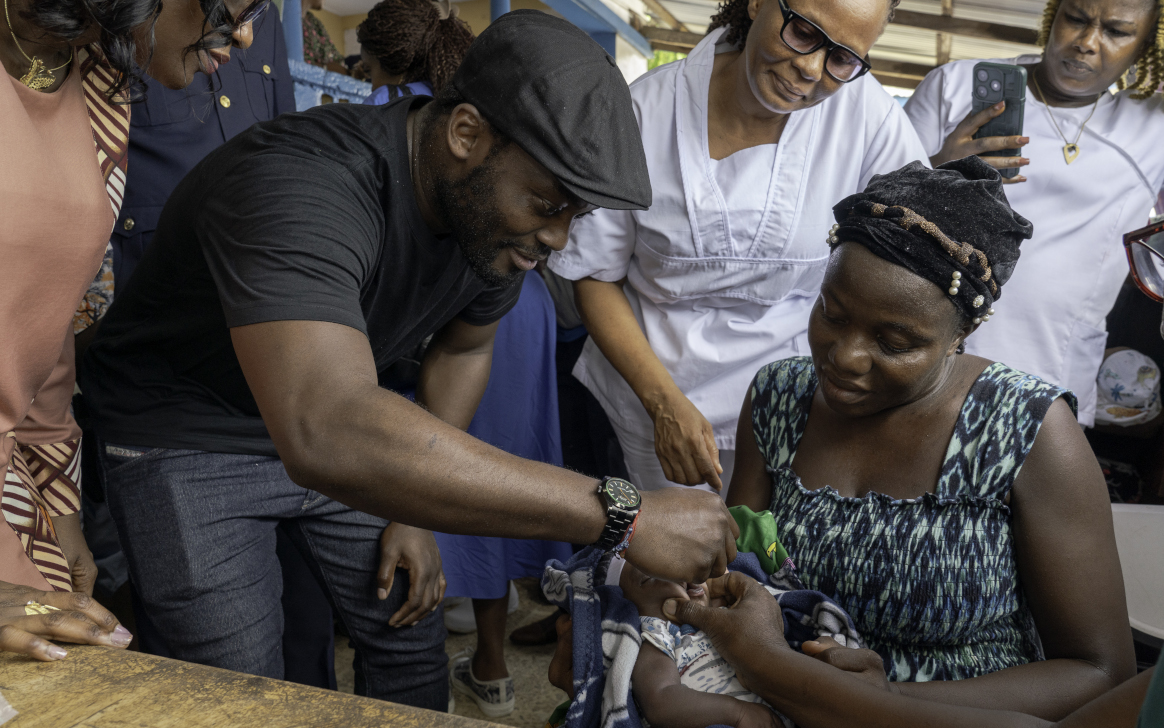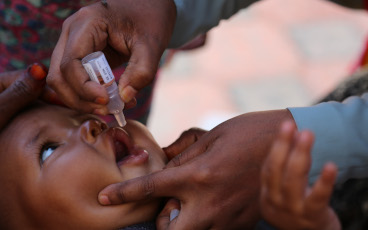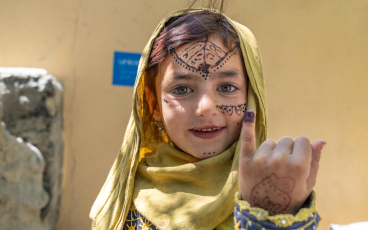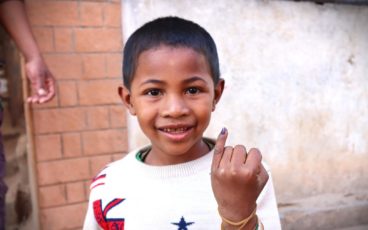Circulating vaccine-derived poliovirus confirmed in Syria
Circulating vaccine-derived poliovirus type 2 outbreak has been confirmed in Deir-Ez-Zor Governorate
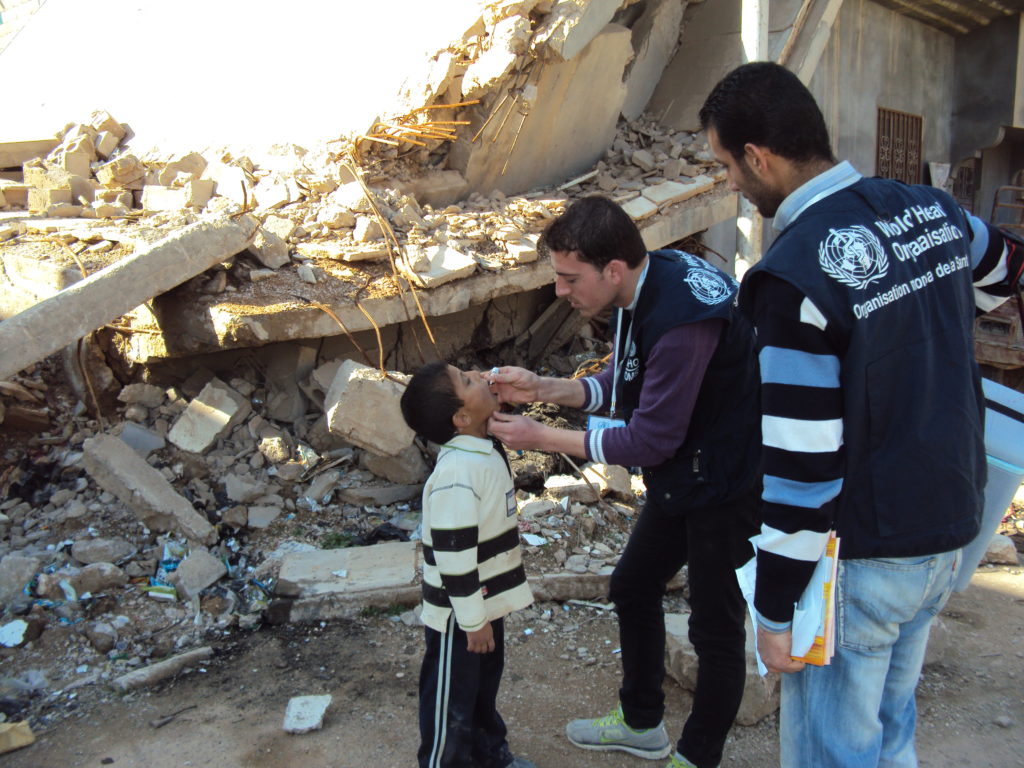
A circulating vaccine-derived poliovirus type 2 (cVDPV2) outbreak has been confirmed in the Deir-Ez-Zor Governorate of the Syrian Arab Republic. The virus strain was isolated from two cases of acute flaccid paralysis (AFP), with onset of paralysis on 5 March and 6 May, as well as from a healthy child in the same community.
Outbreak response plans are being finalized, in line with internationally-agreed outbreak response protocols, including plans for targeted vaccination campaigns to rapidly raise population immunity. An initial risk analysis has been conducted, finding low overall population immunity levels in the area but solid levels of disease surveillance. Active searches are being conducted for additional cases of acute flaccid paralysis. Surveillance and immunization activities are also being strengthened in neighbouring countries.
Although access to Deir-Ez-Zor is compromised due to insecurity, the Governorate has been partially reached by several vaccination campaigns against polio and other vaccine-preventable diseases since the beginning of 2016. Most recently, two campaigns have been conducted in March and April 2017 using bivalent oral polio vaccine (OPV). However, only limited coverage was possible through these campaigns. Syria also introduced two doses of inactivated polio vaccine in the infant routine immunization schedule in 2018.
The detection of the cases demonstrates that disease surveillance systems are functional in Syria. The polio programme is working with local authorities and organisations on the ground to respond immediately, using proven strategies. In 2013-2014, Deir-Ez-Zor was the epicentre of a wild poliovirus type 1 (WPV1) outbreak, resulting in 36 cases at the time. This outbreak was successfully stopped; the now-detected cVDPV2 strain is unrelated to the WPV1 outbreak.
Circulating VDPVs are extremely rare forms of poliovirus, mutated from strains in the oral polio vaccine (OPV) that can emerge in under-immunised populations. OPV has been a critical tool in eliminating 99.9% of polio cases worldwide, and while cVDPV is rare, the GPEI is actively working with countries to eradicate both vaccine-derived and wild polio. The same strategies that are eliminating wild poliovirus also stop cVDPV – it remains critical that all countries maintain strong disease surveillance and ensure all children are vaccinated.




